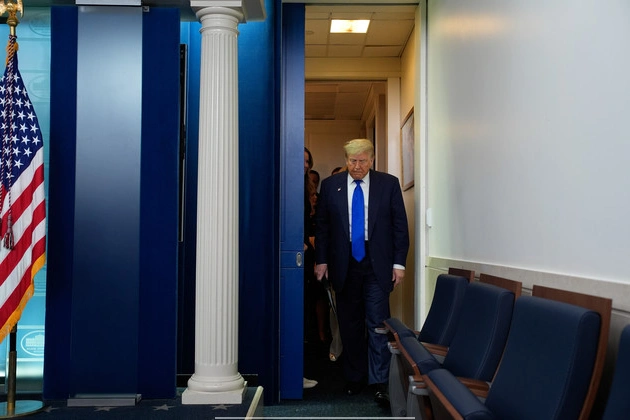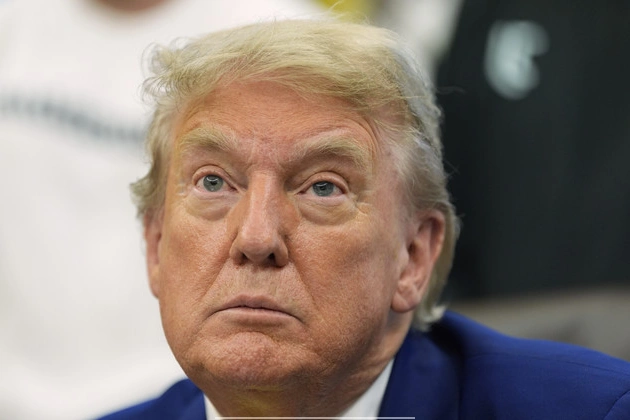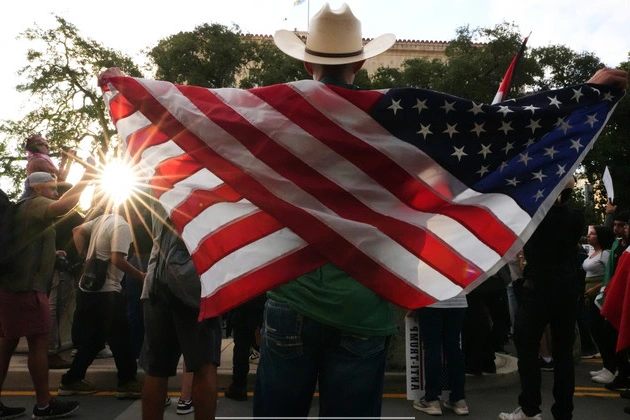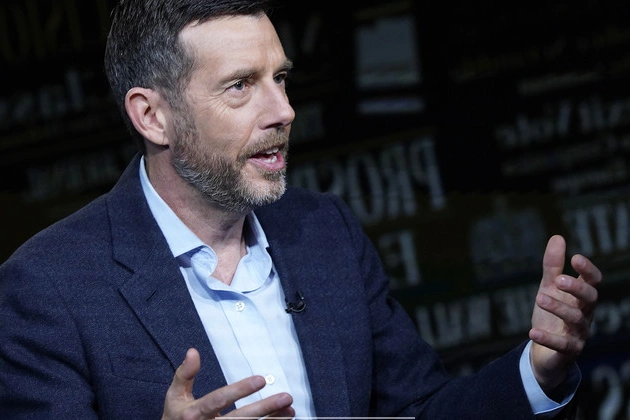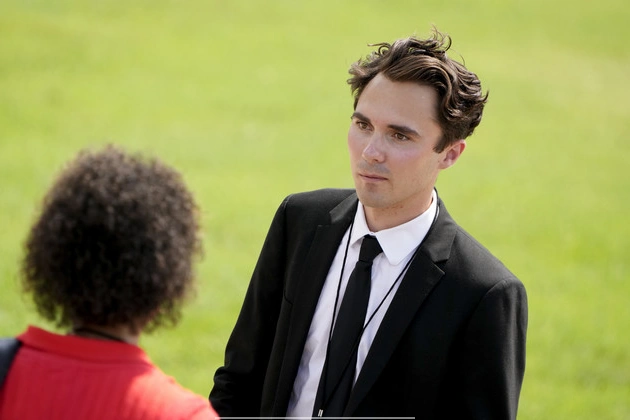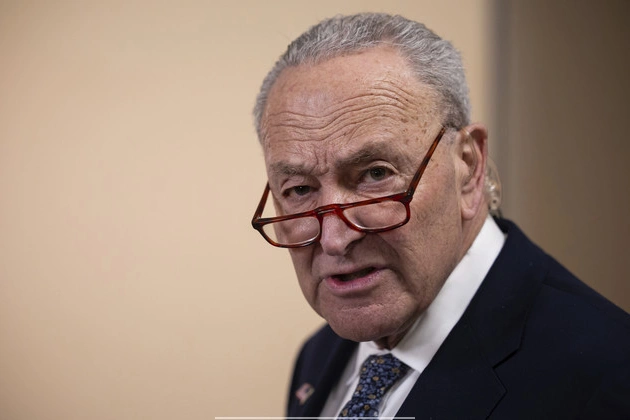
Senator Chuck Schumer finds himself in a precarious position within the Democratic Party as his recent leadership choices have sparked internal conflicts and backlash from party members.
The Fallout of Schumer’s Decision
Following his vote for a GOP bill to prevent a government shutdown, Schumer faced criticism from Democrats across the party. In an attempt to mend relationships, Schumer and his team engaged in discussions with various liberal groups, including Indivisible.
Despite these efforts, tensions remained high, with calls for Schumer to step down as minority leader gaining momentum. The situation escalated as Schumer’s scheduled book tour events were postponed due to “security concerns” amidst planned protests in heavily Democratic cities.
Internal Strife and External Pressure
Indivisible, a prominent pro-Democratic organization, was among the groups that urged Schumer to resign. The discussions between Schumer and Indivisible leaders were described as tense and unproductive, highlighting the deep divisions within the party.
As pressure mounted, other liberal groups were also contacted by Schumer’s team in an effort to prevent further backlash following his controversial vote.
Reactions from the Democratic Community
The discontent with Schumer’s leadership extended beyond activist groups. Progressive organizations like MoveOn and grassroots constituents expressed dissatisfaction with Schumer’s approach to challenging the Trump administration.
Calls for a more assertive strategy against Trump’s policies and the lack of clear leadership from Schumer resonated among both moderate and progressive Democrats.
The Path Forward for Schumer
Schumer defended his decision to support the stopgap bill, citing it as the lesser of two evils to avoid empowering Trump and his advisors. Despite facing criticism and potential primary challenges, Schumer’s leadership position remains secure for now, with the next election not until 2028.
As the Democratic Party navigates these internal tensions, the future of Schumer’s leadership and the party’s direction in confronting the Trump administration remain uncertain.






